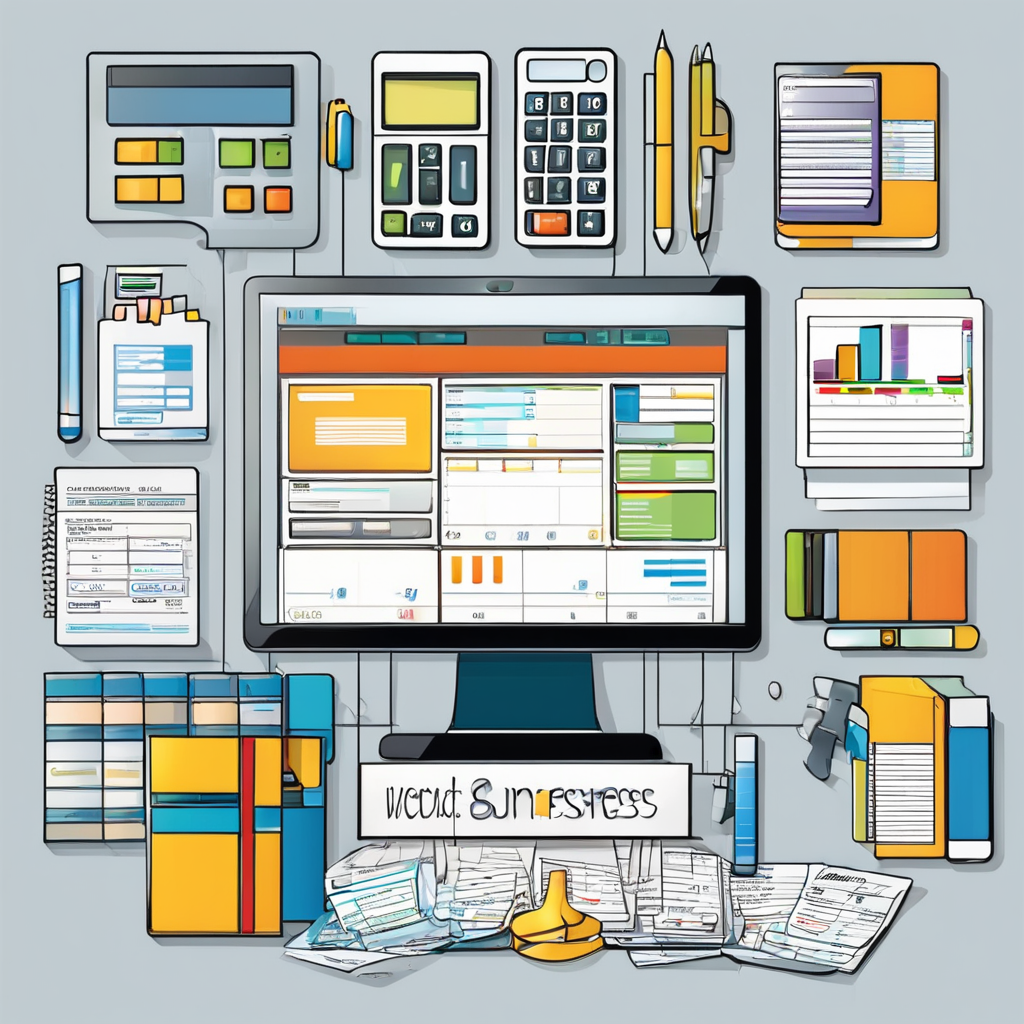Small business accounting software is essential for entrepreneurs to efficiently manage their finances. With the advancement of technology, many software options are available to help small business owners streamline their accounting processes. These software solutions offer features that can save time, reduce errors, and provide valuable insights into the financial health of a business.
One of the key benefits of using small business accounting software is the ability to track income and expenses accurately. By recording all financial transactions in one place, business owners can easily monitor cash flow and identify areas where costs can be optimized. This real-time tracking also allows for better decision-making based on up-to-date financial data.
In addition to tracking income and expenses, small business accounting software can help with invoicing and billing. These tools enable businesses to create professional-looking invoices, send payment reminders, and track outstanding payments. By automating these processes, businesses can improve cash flow and reduce the time spent on administrative tasks.
Another important feature of small business accounting software is the ability to generate financial reports. These reports provide insights into the financial performance of a business, including profit and loss statements, balance sheets, and cash flow statements. By analyzing these reports, business owners can make informed decisions to improve profitability and sustainability.
Small business accounting software also offers tax preparation assistance, helping business owners stay compliant with tax regulations. These tools can calculate tax liabilities, generate tax forms, and provide reminders for filing deadlines. By automating tax-related tasks, businesses can avoid costly penalties and ensure accurate reporting to tax authorities.
Moreover, small business accounting software often integrates with other business tools, such as banking services and payroll systems. This integration allows for seamless data transfer between different platforms, reducing the risk of errors and ensuring consistency in financial records. By centralizing financial information, businesses can improve efficiency and collaboration among team members.
Security is a critical aspect of small business accounting software, as it deals with sensitive financial data. Most software providers offer robust security measures, such as encryption, user authentication, and regular data backups, to protect information from unauthorized access or loss. Business owners can have peace of mind knowing that their financial data is secure and confidential.
Scalability is another important factor to consider when choosing small business accounting software. As businesses grow, their accounting needs may change, requiring more advanced features and capabilities. Many software solutions offer scalability options, allowing businesses to upgrade their plans or customize their software to meet evolving requirements.
Training and support are essential components of small business accounting software implementation. Many software providers offer tutorials, guides, and customer support to help businesses set up and use the software effectively. By investing time in learning how to maximize the software’s potential, businesses can reap the benefits of improved efficiency and accuracy in their financial management.
In conclusion, small business accounting software is a valuable tool for entrepreneurs to streamline their financial processes and make informed decisions. By leveraging the features and benefits of these software solutions, businesses can optimize their accounting practices, improve cash flow, ensure tax compliance, and enhance overall financial performance. Choosing the right accounting software tailored to the specific needs of a business can have a significant impact on its success and sustainability.
